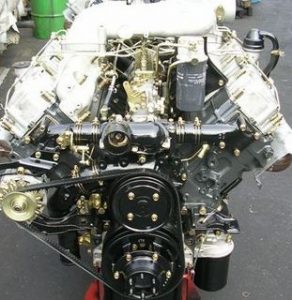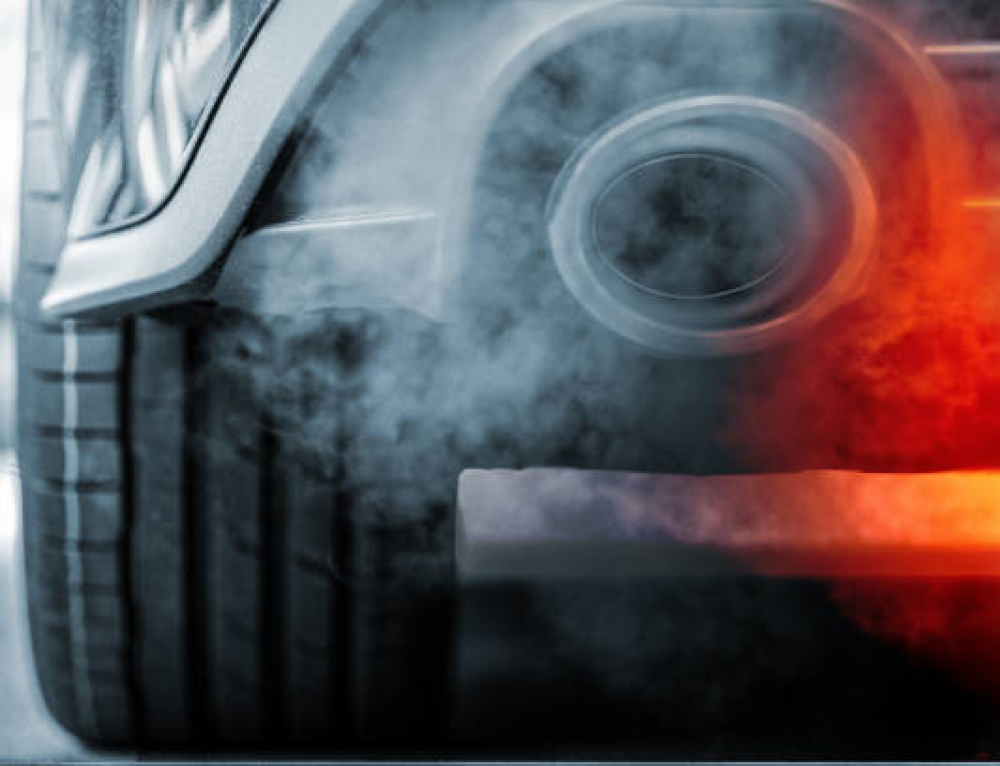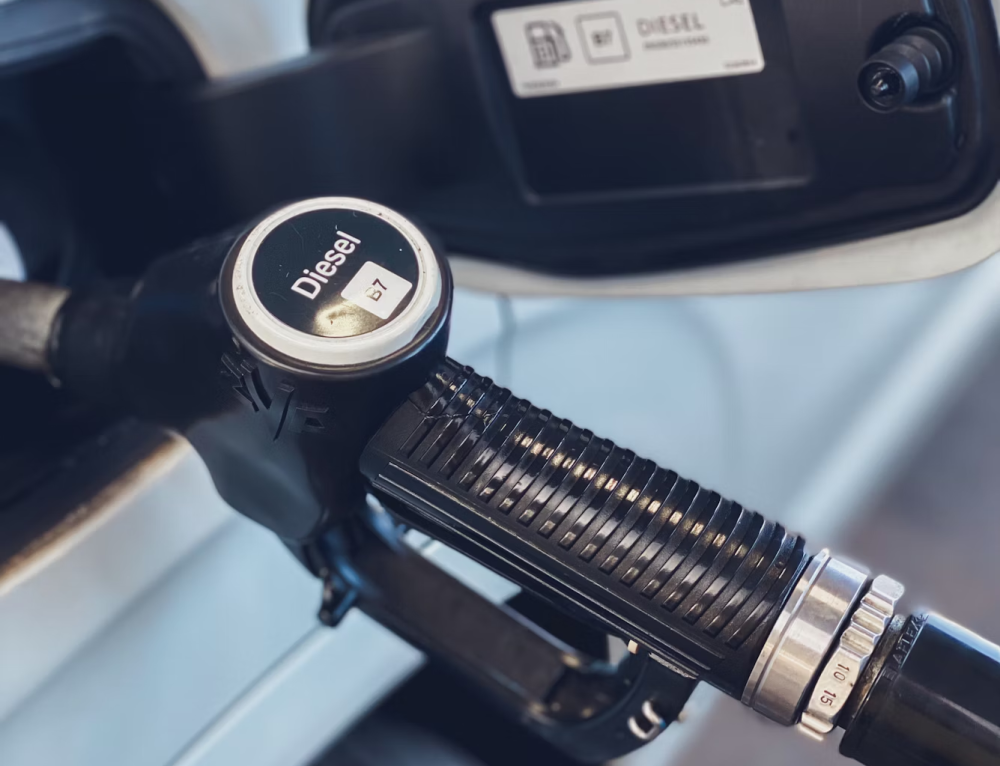Overheating in a diesel engine is a serious problem that requires immediate attention. Well, overheating in any machinery does. Ignoring the signs that your diesel engine is overheating will cause quick damage to the components of your engine. Various factors could be causing your diesel engine to overheat, including low coolant levels, a malfunctioning thermostat, or a failing water pump. For your vehicle to be road-worthy again, an observant eye, a keen mind, and even a trip to a mechanic are required.
Knowledge of what will cause your vehicle to overheat is essential in identifying the problem quickly. When your Diesel engine overheats, it is likely any of the following issues are at play. Understanding what is causing your diesel engine to overheat can help you take the necessary steps to prevent long-term damage and costly repairs.
Faulty Cooling Fan
The cooling fan in your vehicle is of absolute importance in maintaining the temperature of your engine. The fan cools the radiator, which in turn cools the water flowing in it. If the fan isn’t functioning, it could be causing your diesel engine to overheat.
The temperature will rise to dangerous levels, leading to potential damage. Sometimes, a fault in the electrical circuit will stop the fan from working. Check that all the connections are secure. Other times, the fault may be within the fan itself, requiring a replacement.
Coolant Leaks
Coolant is circulated through your engine to cool it down when it’s in operation. A loss in coolant means poor cooling and this doesn’t bode well for your vehicle. If you notice coolant leaking from your engine, it may be as a result of cracks in the gasket, potentially causing your diesel engine to overheat. Your vehicle will need proper examination and repairs from a mechanic.
Corrosive Coolant
Sometimes the problem could arise from the coolant itself. Failure to replace the coolant with manufacturer-approved coolant regularly will cause it to get corrosive, causing your diesel engine to overheat. This will corrode the tubes and whatever the coolant comes in contact with. At this point, the coolant doesn’t perform the way it should.
Broken Radiator Hose
Water flowing into your radiator may leak if your radiator hose is broken. This loss of water leads to poor cooling, potentially causing your diesel engine to overheat. You may easily spot this problem, but you’ll need to take your car to a mechanic to replace the hose. Not only will they replace the radiator hose, but they will also check your vehicle to ensure no harm has been done to your cooling system as a result of the broken hose.
Broken/Faulty Thermostat
The thermostat regulates the activities of your cooling system. If the thermostat is broken or faulty, the cooling system will not perform optimally. The cooling system won’t be initiated as it’s supposed to, leading to the build of heat in your engine.
Clogs in Your Diesel Injectors
When clogs are present in your injectors, fuel will not be released at the proper rate and proportion. This causes your engine to work harder to compensate for the inadequacy. And when your engine overworks, it generates more heat—more heat than your cooling system can manage, causing your diesel engine to overheat. Consequently, overheating can lead to severe engine damage if not addressed promptly.
With the right tools, you can solve some of these problems yourself. But if you’re unsure of what to do, take your vehicle to a diesel engine mechanic. They will easily solve these problems and give you some pointers to avoid overheating in the future.
Frequently Asked Questions
What are the most common issues causing your diesel engine to overheat?
Several factors could be causing your diesel engine to overheat, including a faulty cooling fan, low coolant levels, a malfunctioning thermostat, a clogged fuel injector, or a leaking radiator hose. Identifying the root cause early can help prevent severe engine damage.
Can coolant leaks be the reason behind causing your diesel engine to overheat?
Yes, coolant leaks are one of the major culprits causing your diesel engine to overheat. A cracked gasket, broken radiator hose, or damaged water pump can lead to coolant loss, reducing the system’s ability to regulate temperature effectively.
How can a clogged fuel injector be causing your diesel engine to overheat?
Clogged fuel injectors can prevent the proper amount of fuel from reaching the engine, forcing it to work harder. This increased strain generates excessive heat, ultimately causing your diesel engine to overheat if not addressed in time.
Can using the wrong coolant be causing your diesel engine to overheat?
Yes, using improper or old coolant can lead to corrosion within the cooling system, reducing its effectiveness and causing your diesel engine to overheat. Always use manufacturer-recommended coolant and flush the system regularly.
What role does a faulty thermostat play in causing your diesel engine to overheat?
A malfunctioning thermostat can prevent coolant from circulating properly, leading to heat buildup and causing your diesel engine to overheat. Replacing a faulty thermostat can restore optimal engine cooling.





